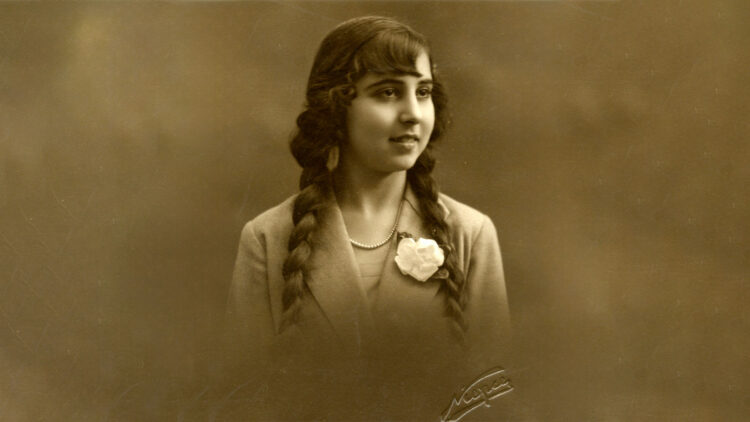Maria Branyas, reached 117 years old, which is trully amazing, but to have this many birthdays, is really not that common. So a team in Catalonia at the Josep Carreras Leukaemia Research Institute decided to study her health and DNA using blood, saliva, urine, and stool samples. Eloy Santos-Pujol and Aleix Noguera-Castells, epigeneticists and par of the team, found signs linked to longevity: rare genetic variants that were tied to strong immunity and a healthy heart and brain, very low “bad” cholesterol and triglycerides, and very high “good” cholesterol.
The study, published in Cell Reports Medicine said her cells “felt” or behaved younger than her age. But in addition, her lifestyle matched ideas behind the Mediterranean diet, and she always stayed mentally, socially, and physically active.
She was one of the few people who live past 110 years old, known as supercentenarians.
What Maria showed to science
The study presents a strong image. First, despite her advanced age, Maria Branyas‘s body showed numerous indications of good health; for example, she had excellent blood markers, including low triglycerides and “bad” cholesterol and high “good” cholesterol. Compared to people in their 110s, her gut microbiota and immune system also looked more young. Her cells seemed younger than her birthdate would indicate, according to the researchers.
She also lived over 30 years longer than the typical Catalan woman.
The telomeres finding is the most surprising part. Our genetic material is protected by telomeres, and shorter telomeres are typically linked to an increased risk of death. However, new research indicates that telomeres might not be providing the whole picture for supercentenarians.
They noted “huge erosion” of telomeres in Maria’s case, but she also had just excellent general health. So for them, body cells with extremely short telomeres might not survive long enough to develop into tumors. This though, is a hint worth researching, but it’s not a rule that works for everyone.
Aleix Noguera-Castells and Eloy Santos-Pujol, the authors, state that their goal is to “provide a fresh look” at aging and potential indicators of healthy longevity. However, they emphasize boundaries because this is a unique individual and larger groups have be examined and contrasted in order to discover more general results and examples.
How the team read these clues
Maria Branyas was fortunate to have stable habits and helpful genes. According to the study, she probably took advantage from her biology on top of her everyday decisions.
She kept an active social, mental, and physical life. She also practiced to Mediterranean-style eating habits (high in yogurt), which has indeed beneficial, but the authors make it clear that is the combination of environmental and genetic factors what adds to her exceptionally longevity.
Focusing on just one trick or number is not the point here. Telomeres, for example, only provide a portion of the picture and particularly when a person is close to the end of their life.
The study emphasizes that what’s really helpful is a set of straightforward indicators, like a strong immune and gut profile, low inflammation, and good cholesterol balance. These routine health indicators can be done by your doctor. Unfortunaly though, they don’t make people supercentenarians, but they do point in the right direction.
Old doesn’t mean ill
According to the researchers “The picture that emerges from our study, although derived only from this one exceptional individual, shows that extremely advanced age and poor health are not intrinsically linked.” They remind us that being extremely old does not necessarily mean feeling ill.
And even though time cannot be stopped, research like this shows us how biology and lifestyle decisions may help people live longer, stronger and healthier lives.

